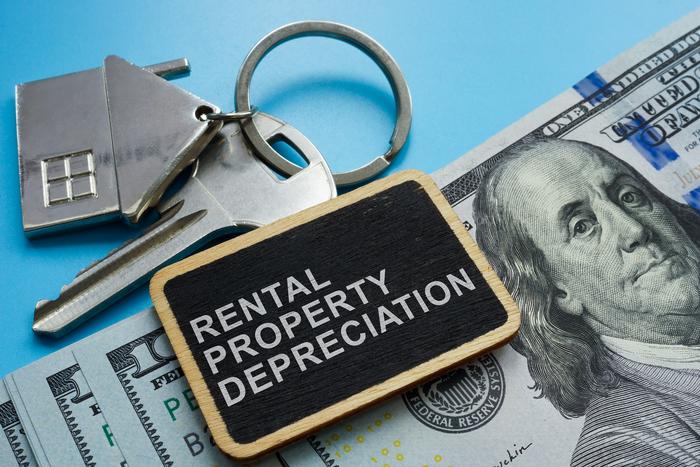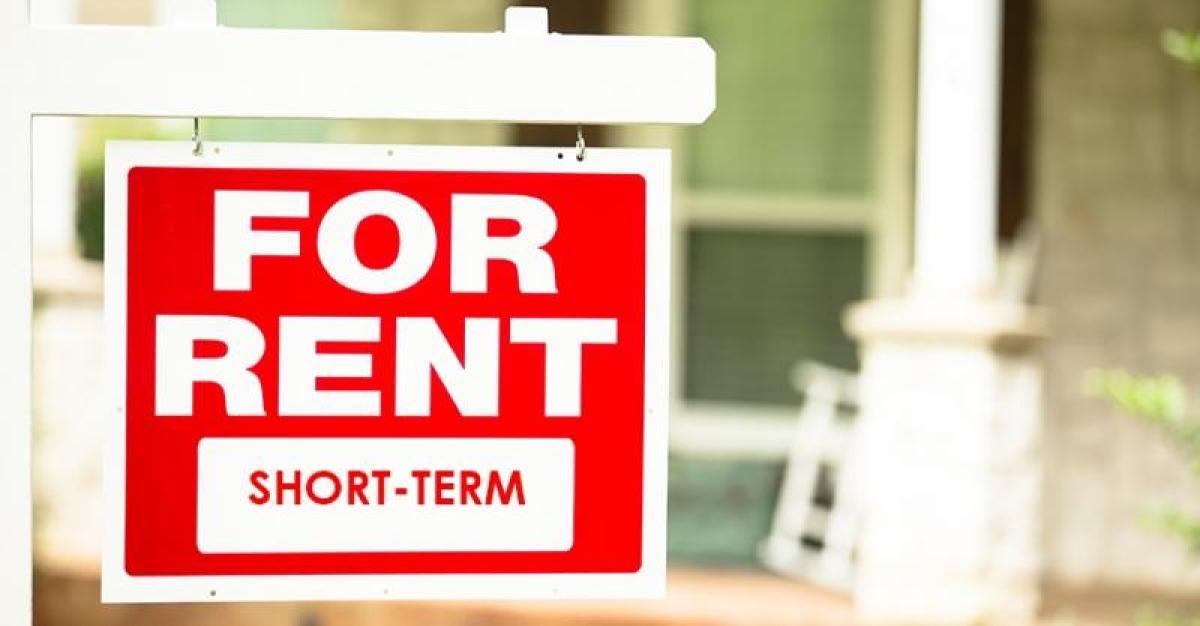The first step in building a lead generation system that propels you to the front of the line, and ensures you are first in the door is home owner data. If you don't know who owns property in your neighborhood (or farm as we call it) - then you don't have a chance winning listings.
HOME OWNER DATA
The best source for home owner data is Smartzip.com and offrs.com. Depending on your strategy and scope of your real estate business, both offer slightly different solutions. Howver, both leverage predictive analytics to help identify who is "most likely" to sell. This helps reduce the number of home owners you need to stay on top of - in order to be first in the door. As you can imaging there could be thousands of home owners in your area, so it's best to focus on the top 10-20% to ensure you stay within budget and maxmize your return on investment. This is why leveraging predictive analytics and buying "smart data" is the best way to start.
The second step is identifying your marketing and outreach strategy.
MARKETING STRATEGY
There are multiple options on where you can spend your marketing budget. Since you are starting with a quality Marketing List - you can start with Direct Mail or the digital equivalent - Facebook Ads using custom audiences (did you know you can deliver ads directly to home owners?). A more direct approach (but can also produce results) can be a phone or email campaign. There are two types of campaigns as well - Branding vs Lead Capture. Branding campaign focuses more on ensuring home owners know you and repetition is the key. Lead Capture is more "to the point" where brand is less important and the call to action of the ad is key. The most popular lead capture calls to action include "What is your home worth?" or "Find best agent in your area". On Facebook it tends to be better to do Lead Capture first to drive qualified leads, and if you have the budget focus your branding campaigns to retarget anyone who visits your website or lead capture pages.
The big "trap" agents fall into - is investing too much money into a big target audience. For example, spend all the marketing budget to reach 5,000 home owners instead of focusing on 500. It's better to have your brand / advertising / direct mail, etc hit 500 people 10 times, versus 5,000 people 1 time. You need to ensure you get multiple "touches" per home owner.
YOUR MESSAGE
Obviously, it's not just enough to know "who" you should target with marketing. You need to have a good message. Unfortunately, to the home owner - all real estate agents are the same. There is very little on first impression to distinguish the best from the worst. Even agents with years of experience may not be a good fit for a specific home owner or home. The primary way an agent can rise above the noise is through referrals or showing success through "just listed" or "just sold" campaigns. The other options including building your reputation online through products like Reach150.com or AgentByZip.com. Both provide a unique approach to building a strong referral network as well as being found on search engines like Google. Ultimately, home buyers and sellers will start with searching for an agent. Reach150 focuses on delivering ads to people you know, asking for referrals and ensuring your positive reviews are featured as ads on Facebook. AgentByZip.com ensures you are #1 on Google when people search. Both help drive leads and make it easy to be found when someone is ready to list or buy.
The most important element of your message is ensuring you stand out. You need to be remembered. The best way to be remembered is either 1) Have a message/brand people can't forget or 2) repeat your message ad nauseum. Both together will guarantee success.
BE PATIENT
It's not easy to be patient, especially when you are investing in marketing and waiting on leads to turn into listings. The average time it takes for a home seller to go from "thinking of selling" and actually selecting an agent can be upwards of 3 months. So by default, there is no short cut in winning listings. It can take businesses up to 6 months just to build a brand in the neighborhood. Remember the 20x rule in marketing. The consumer needs to see or hear your brand at least 20 times before it sinks into their memory. There is no doubt that the first year of building a marketing strategy can be challenging, but once you are over the hill of the initial investment you will be a known commodity in your neighborhood. With 5% of home owners selling each year, you will be first in the door for a sizeable amount of listings.
BUDGET WISELY
Like with any business, marketing budget can be hard to manage. Everyone wants to spend more up front thinking it will deliver results quicker. In most cases, the best strategy is focus on three primary goals:
- Know the cost per lead. This is a critical way to measure future return on your investment. The average cost per real estate lead will range from $40 to $150 (depending on region, marketing channel, etc). And if you close 5-10% of your listing leads, you can expect the cost per customer (listing) to be $500 to $3,000. And even though this math does work for a $350,000 home - it does require an investment period of 3+ months and probably cash flowing $3,000+ in leads at a minimum before you start having listing appointments. Of course these dynamics and costs can range if there is a lot of competition (which means you have access to less market share).
- Pick your Market (Territory) Wisely. You need to focus on the right number of prospects based on your budget. If you are attacking an area with 10,000 homes (which will have 500 listings / year) - you need to focus on a specific section of that area or type of home that you know is easier to close with less competition. The average agent does around 10-15 listings a year, which means you need 150+ leads. So a territory with 3,000 homes could be enough to get started. It's important to think of your target market as a territory. You need to ensure your name and all your marketing is focused on a specific area in order to maximize the number of impressions and touches. Also, geographically it will be easier to manage. Go where there is little competition, and match your message with the market.
- Measure and Track Success. Obviously not everything you do will result in a listing. You may find that people in your territory don't respond to direct mail, or that online ads work better on Facebook than Google. Whatever you learn is key to scaling success. You need to track everything. Where did each lead come from? Did it turn into a listing? Make sure you rate your leads, and look back and understand what money you invested in marketing worked the best. This way, next year it will be easier to maximize your spending.
As you can see, there is a lot to consider, but everything follows the common sense rule. It takes money to make money, and being a real estate agent we all understand that this is a business, and it does require a lot of investment up front to be #1 in your area. The good news is you can start slow and conservative until you understand how it is working for you, and then scale as you begin seeing success.





















